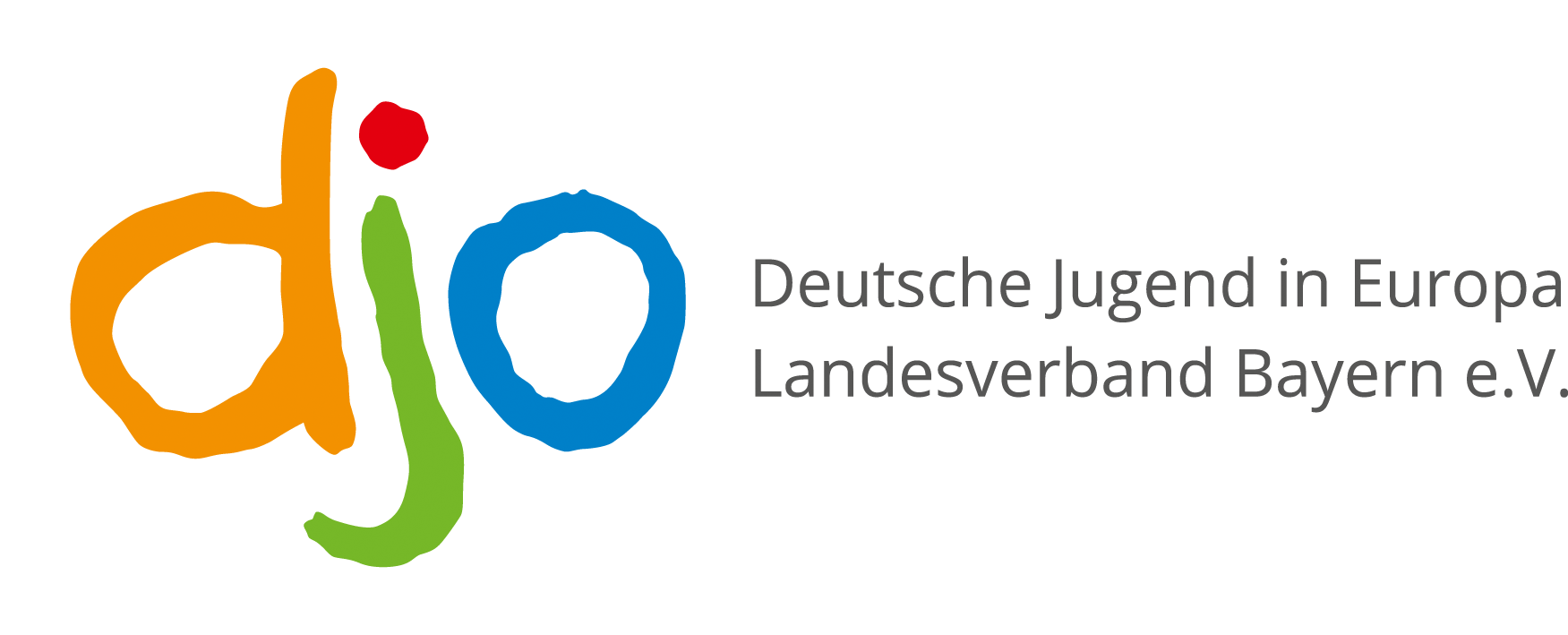On November 4th, 1951, djo – German Youth in Europe, division Bavaria (djo-Bayern) was founded as “Deutsche Jugend des Ostens (djo)“ (German Youth of the East) by German forcefully displaced and refugees from Eastern European regions. During this time, djo acted as an umbrella organization of many other youth organizations, such as Sudetendeutsche Jugend (Youth of Sudeten-Germans), the Pommern Jugend (Pommerania Youth), Deutsche Banater Jugend (the German Banat Youth), or Schlesische Jugend (Silesia Youth), and many more. Since then djo-Bayern has been committed to contributing to lasting peace, reconciliation, and understanding amongst all young people in Germany and Europe. The goal of our organization is to guide children and youths of any descent into society, help them in finding their own identity, and support them in their personal development.
[/mp_text] [/mp_span] [/mp_row] [mp_row] [mp_span col="5"] [mp_image id="2430" size="full" link_type="custom_url" link="#" target="false" align="left"] [/mp_span] [mp_span col="1" classes="motopress-empty mp-hidden-phone"] [/mp_span] [mp_span col="6"] [mp_text]
djo was focused on involving children and youth in their musical and cultural heritage. The aim was to help young expellees in confronting and processing their experiences during times of war and escape, while retaining their cultural identity and becoming part of the society. However, the relationship between “locals” and “expellees” was often under much tension. Millions of expellees and refugees needed to be sheltered after the war – a time when Germany was being reconstructed and living space, work, as well as food was scarce. Many times they were not greeted with open arms and had to face much resentment against them. In spite of fears and prejudices, expellees, refugees and late repatriates achieved to become part of the society and contribute significantly to the reconstruction of Germany. Today, the founding of the djo can be seen as an important pillar in integrating expellees into society and live together peacefully.
[/mp_text] [/mp_span] [/mp_row] [mp_row] [mp_span col="8"] [mp_text]
Next to its role in supporting social integration and upkeeping cultural roots, djo is also strongly involved in international youth activities and exchanges. djo has meant much more than leisure activities for many young people. Our organization given them a platform to become politically involved, conserve cultural heritage, and participate in exchanges with other cultures. Our motto “Vielfalt statt Einfalt” (“Diversity instead of Simplicity”) has led to an organization that unites a diverse group youth organization.
[/mp_text] [/mp_span] [mp_span col="4"] [mp_image id="2469" size="full" link_type="custom_url" link="#" target="false" align="left"] [/mp_span] [/mp_row] [mp_row] [mp_span col="4"] [mp_image id="2470" size="full" link_type="custom_url" link="#" target="false" align="left"] [/mp_span] [mp_span col="8"] [mp_text]
As German society and our membership had transformed over the years since the founding, djo-Bayern decided to change its name in 1991: djo-Bayern became “djo – Deutsche Jugend in Europa” (“German Youth in Europe”). Along with regional youth organizations, the djo was joined by the “Vereinigung junger Menschen mit Migrationshintergrund (VJM)” (“Association of young people from a migrant background”). The new structure allowed djo to address many more societal groups, adapt efforts for reconciliation to the new societal landscape, and support refugees and expellees worldwide.
[/mp_text] [/mp_span] [/mp_row]
